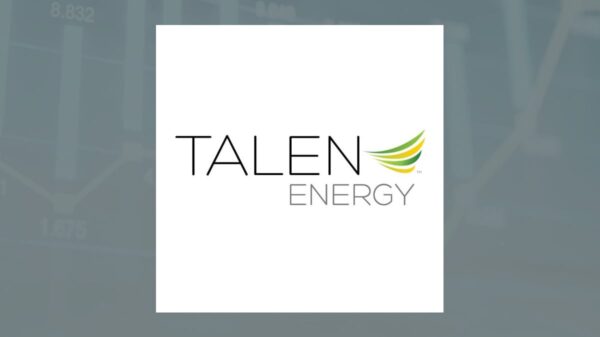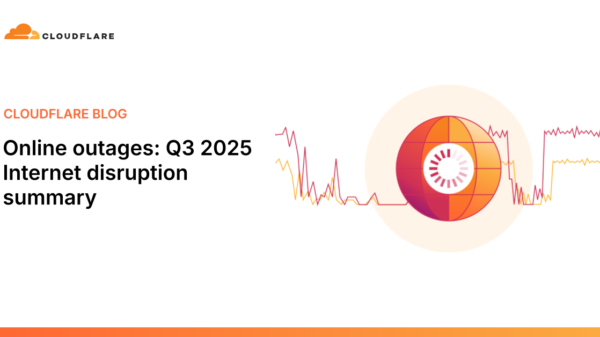Chief Information Officers (CIOs) are urged to pay closer attention to academic research publications as a way to stay ahead in the rapidly evolving technology landscape. Insights from these often dense and complex journals can provide a competitive edge by highlighting emerging technologies and trends before they reach mainstream adoption.
According to Paul DeMott, CIO at AI-based digital marketing agency Helium SEO, understanding academic research is essential for CIOs seeking future commercial opportunities. He emphasized that while many papers in peer-reviewed journals may be written years in advance, they often require a gestation period of two to three years before they can be effectively utilized in enterprise applications. “To be ahead of these cycles means that the CIO will have less vendor dependency and can develop in-house capabilities that will be productive before the market has caught up,” DeMott explained.
Valuable Insights from Academia
Academic institutions are recognized as early sources of technological innovation. Steven Keith Platt, director of the Lab for Applied AI and executive lecturer at Loyola University, pointed out that many breakthroughs in areas like artificial intelligence, blockchain, and data science originated in academia long before they were commercialized. He cited the influential paper “Attention Is All You Need,” published in 2017, which introduced the transformer architecture that revolutionized large language models and paved the way for generative AI.
CIOs can derive multiple benefits from engaging with academic research. Remi Alli, CIO at financial services firm Black Wallet Limited, noted that these journals can signal shifts in technology beyond current hype, assisting with long-term strategy, risk management, and vendor architecture decisions. He highlighted that leading journals often present rigorous methods for evaluating return on investment, security, and governance. The insights offered in these publications bridge theory and practice, providing benchmarks and case studies that can be adapted to specific business needs.
The most useful academic resources include preprint repositories like arXiv, which grants timely access to AI research. High-impact journals, such as the Journal of Artificial Intelligence Research and IEEE Transactions on Neural Networks and Learning Systems, also offer peer-reviewed validation, ensuring the credibility of the findings.
Building Connections with Researchers
Engaging directly with researchers can enhance the value CIOs derive from academic work. Platt noted that faculty members are often open to collaboration and briefings, which can clarify the strategic implications of emerging technologies. CIOs might consider inviting researchers to join advisory boards or participate in relevant workshops, creating academic alliances that translate innovative findings into practical business solutions.
The key, according to DeMott, is to maintain a focus on resources that are consistently updated and relevant to enterprise needs, such as the ACM Digital Library and laboratory research from MIT CSAIL and Stanford HAI. He cautioned against engaging with paywalled journals that have low relevance or weak peer reviews, as well as theoretical papers without clear paths to practical application.
Ultimately, academic research allows CIOs to look beyond fleeting market trends and prepare for technological disruption based on solid evidence. Platt summarized this notion, stating, “The effective CIO acts as an interpreter between scientific discovery and enterprise deployment, absorbing, evaluating, and selectively applying insights from academia to guide responsible, innovative technology strategy.”
CIOs are encouraged to share relevant academic papers with their teams and technical analysts, transforming frontier research into controlled business experiments. This approach enables enterprises to stay ahead of competitors by fostering a culture of innovation grounded in academic insights.

































































